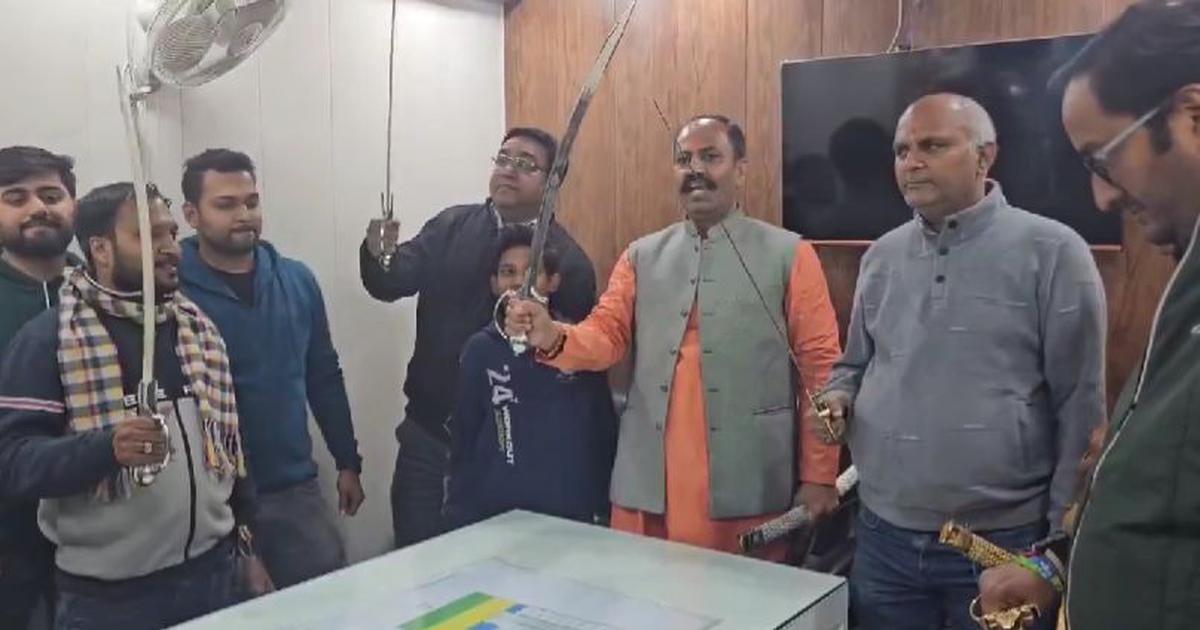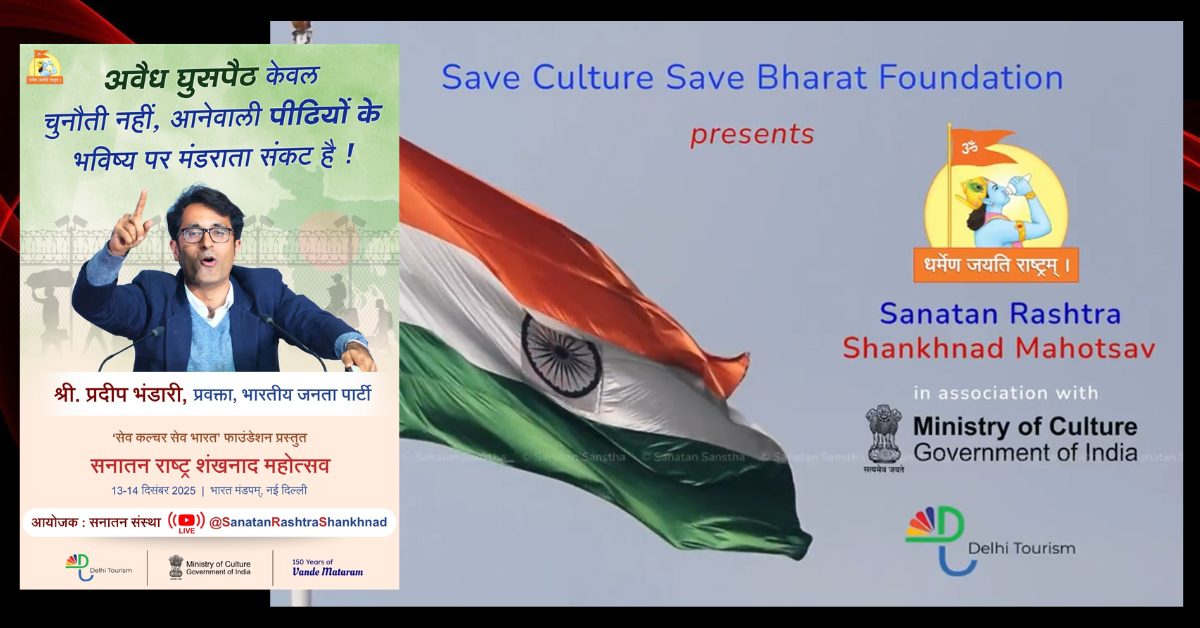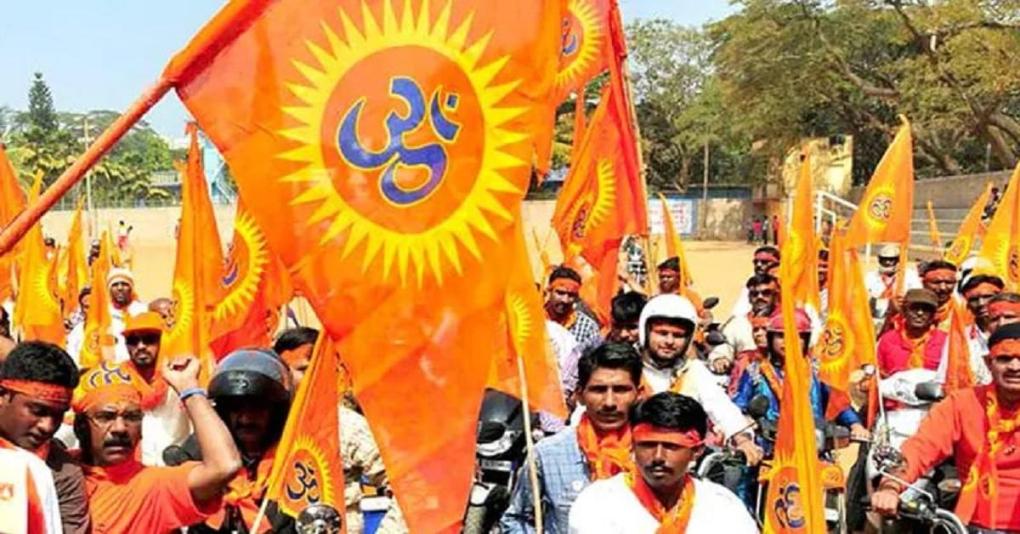
Many who are as old as me, or older, will remember seeing Bharat Milaap and Ram Rajya, two movies released one after the other in 1942-43, when I was seven. I cried my heart out while watching Bharat Milaap and felt disappointed when Ram Rajya didn’t live up to my sky-rocketed expectations.
Today I cry with hot unshed tears for where my Hindu India has got to. Our government can even launch raids against Harsh Mander! Oh, my God! This man whose crimes included insisting, as a Covid patient, that he should experience a crowded general ward when his IAS career and high-level contacts would have opened the door to any room in any hospital of his choice. And the greater crime of trudging to the huts of mourning relatives of those murdered by hate to say to them, with eyes more than his lips, that he felt for them.
It seems that nothing, no plea, no warning, will stop the advancing steamroller of India’s ethnonationalists. The Chief Minister of India’s most populous state, leading a population larger than the numbers living in all of Bangladesh or Russia or Japan, publicly accuses his state’s Muslims of stealing the rations of their Hindu neighbours, and gets away with it.
This slander, audible to anyone who can click on a smartphone or a computer, may violate the law of the land, the Constitution, and the oath the Chief Minister took, but who cares? Many. Except for those who can do something.
Even more ominous to me, however, is Mr Mohan Bhagwat’s repeated assertion that “Indian” and “Hindu” are interchangeable terms. According to this Hindustan Times report, Mr. Bhagwat said that “Hindus and Muslims of India share the same ancestry as he reasserted that every Indian citizen is a Hindu.” Mr. Bhagwat saying “Hindu equals Indian” may sound nice and generous to some, but precision is helpful not only in law but also in everyday life. It is not lawful for Christians and Muslims to take advantage of a tax provision like that for a Hindu Undivided Family (HUF). Nor can Dalits with a Christian or Muslim background claim access to benefits enacted for Hindu Dalits. The constitutional provision for such benefits contains a clarification in a footnote that “Hindu” also means “Sikh” or “Buddhist”, underlining, in effect, that Hindu does not mean Christian or Muslim. If Hindu equals Indian, what is the meaning of “Hindu” in the phrase “Hindu Mahasabha” or “Hindu Rashtra” or in the hundreds of legal and non-legal forms in which the word occurs, not only in India but wherever Hindus live in the world?
Mr. Bhagwat should know that doublespeak cannot invite trust, if that is what he seeks from India’s non-Hindus. Surely he knows of the insistence with which Sikhs say “We are not Hindus.” Again, when, shortly before his death in 1956, Babasaheb Dr. Ambedkar and tens of thousands of his followers publicly renounced Hinduism and embraced Buddhism, did they cease being Indian?
Sharing the same ancestry may be cause for joy in some situations but is no guarantee of cordiality. Our world would be far more peaceful than it is if similar genes assured mutual love. Moreover, our Constitution explicitly prohibits, in the unmistakable words of Article 15, “discrimination on grounds of religion, race, caste, sex or place of birth.” Genetic difference was assumed by the makers of our Constitution, and racial homogeneity was consciously rejected, whether as a goal or a value.
In conformity with the equation “Indians = Hindus,” persons from the Hindu right have suggested from time to time that all would be well if Muslims and Christians were to just acknowledge that their ancestors were Hindus. We can indeed believe that the ancestors of the vast majority of today’s Indian population were Indian. Perhaps they were Hindu as well, but some may have been Buddhist, or Jains, or something else.
In some cases, on the other hand, ancestors, remote or not so remote, may have been Middle Eastern, Afghan, European, African, Chinese or something else. Would that make their descendants less worthy, less Indian, less human? This preoccupation with blood, genes, or race – with the purity of your birth – is a pathetic response to the demands of our modern world. It is also, of course, what created India’s segregated, unequal, and oft-callous society.
Another aspect of this way of thinking is just as troubling. Why tell others who they are? To newborn babies we can and must give names. We give names also to dogs and cats we adopt. There was a time when slaves and serfs were given names. Self-respecting adults, however, want to decide for themselves who they are and what they should be called.
Dear Mr. Bhagwat, don’t tell Muslims and Christians or anyone else who or what they are. Instead of saying, “Muslims too are Hindus,” please say, and please ask your followers and supporters to say, “Muslims too are my brothers and sisters. And Christians likewise.” A clear, unequivocal statement like that will go a long way.
One more thing, Mr. Bhagwat. You are certainly aware of this celebrated passage in Goswami Tulsidas’s Ramcharitmanas, where Rama responds to Vibhishan’s lament that Rama lacked a chariot for his decisive battle with Ravan: “Listen, friend,” says Rama, “the chariot that leads to victory is of another kind. Valour and fortitude are its wheels; truthfulness and virtuous conduct are its banner; strength, discretion, self-restraint and benevolence are its four horses, harnessed with the cords of forgiveness, compassion and equanimity… Whoever has this righteous chariot has no enemy to conquer anywhere.”
If Hinduism is more than a race, if Hinduism is a set of values needed by people of all races, languages, and colours, please, Mr. Bhagwat, remind your vast following of Rama’s superior chariot and its weapons of discretion and self-restraint. And please, Rama (or Krishna, Siva, God, Allah, Khuda, Waheguru, Durga, Jehovah, whatever), you who seem to accept any name people give, please save Hinduism from its excited champions.
This story first appeared on ndtv.com






